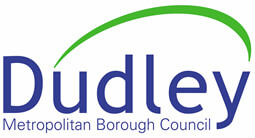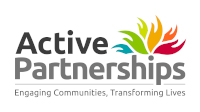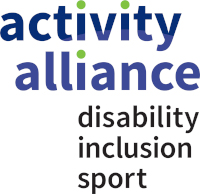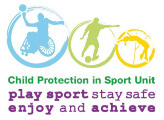The research below is broken down by themed area
Date Title
Abstract |
Date Title Abstract |
Date Title
Abstract |
Date Title Abstract |
Date Title
Abstract |
Date Title
Abstract |
Date Title
Abstract |
Date Title
Abstract |
Date Title
Abstract |
Date Title Abstract |
Date Title
Abstract |
Date Title
Abstract |
Date Title
Abstract |
Date Title
Abstract |
Date Title
Abstract |
Date Title
Abstract |
Date Title
Abstract |
Date Title
Abstract |
Date Title
Abstract |
Date Title Abstract |
Date Title Abstract |
Date Title Abstract |
Date Title Abstract |
Date Title Abstract |
Date Title Abstract |
Date Title Abstract |
Date Title Abstract |
Date Title
Abstract |
Date Title
Abstract |
Date Title Abstract |
Date Title Abstract |
Date Title
Abstract |
Date Title
Abstract |
Date Title
Abstract |
Date Title
Abstract |
Date Title
Abstract |
Date Title
Abstract |
Date Title
Abstract |
Date Title
Abstract |
Date Title
Abstract |
Date Title
Abstract |
Date Title
Abstract |
Date Title
Abstract |
Date Title
Abstract |
Date Title
Abstract |
Date Title
Abstract |
Date Title
Abstract |
Date Title
Abstract |
Date Title
Abstract |
Date Title
Abstract |
Date Title
Abstract |
Date Title
Abstract |
Date Title
Abstract |
Date Title
Abstract |
Date Title
Abstract |
Date Title
Abstract |
Date Title
Abstract |
Date Title
Abstract |
Date Title
Abstract |
Date Title
Abstract |
Date Title
Abstract |
Date Title Abstract |
Date Title
Abstract |
Date Title
Abstract |
Date Title
Abstract |
Date Title
Abstract |
Date Title Abstract |
Date Title Abstract |
Date Title Abstract |
Date Title
Abstract |
Date Title
Abstract |
Date Title
Abstract |
Date Title
Abstract |
Date Title
Abstract |
Date Title
Abstract |
Date Title
Abstract |
Date Title
Abstract |
Date Title
Abstract |
Date Title
Abstract |
Date Title
Abstract |
Date Title
Abstract |
Date Title
Abstract |
Date Title
Abstract |
Date Title
Abstract |
Date Title
Abstract |
Date Title
Abstract |
Date Title
Abstract |
Date Title Abstract |
Date Title
Abstract |

.png)













